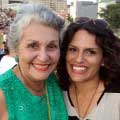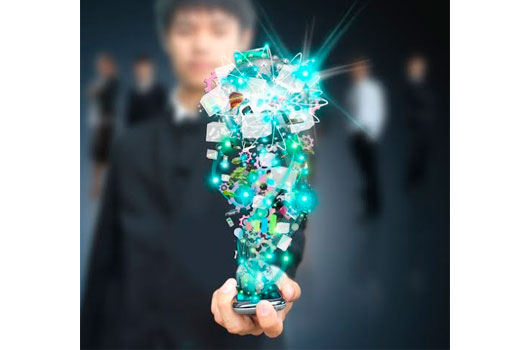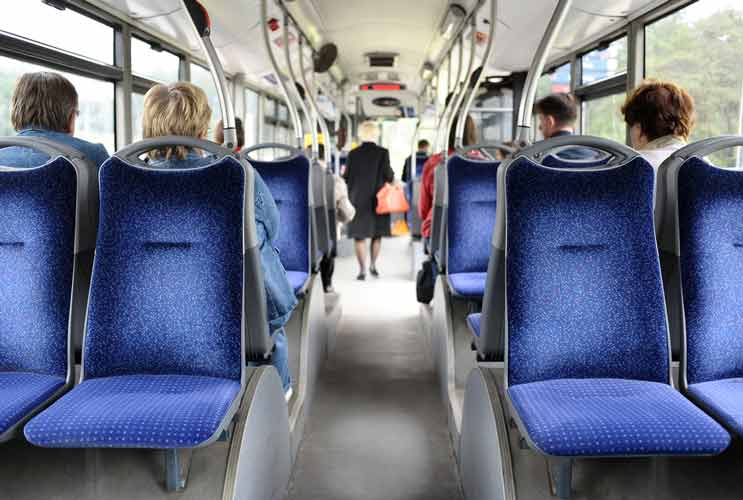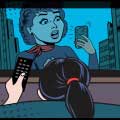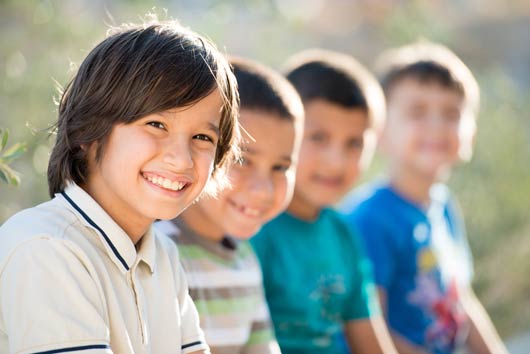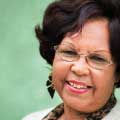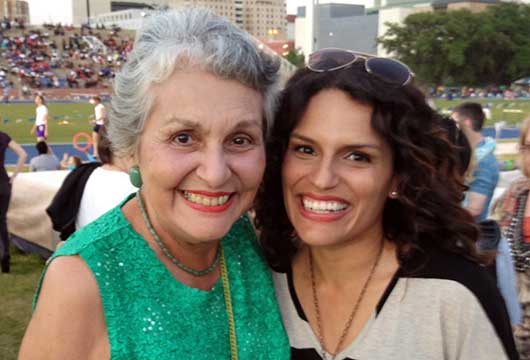
Evelyn & Lolita Lopez
When I asked my mother, she said, “de esas cosas no se habla.” We don’t speak of these things.
Little did I know that telling her about my breast cancer diagnosis wouldn’t be the biggest trauma of that day.
I called her in Puerto Rico and was being careful of how I told her and my father the news. We don’t live nearby but we are close, very close, and I knew the news about their “nena” was going to scare and worry them. About ten minutes into the conversation, my mother told me that I should be strong and that it would be okay, because when she had cervical cancer, she got through it.
I couldn’t breathe.
“What do you mean, ‘when you had cervical cancer?’”
Then she added that my grandmother, her mother, also had cervical cancer.
She had never told any of us—not my older brother or my cousins. No one. I spent my entire life not knowing a critical part of my medical history. It turns out my story, while gut-wrenching, is not unique. As I discovered from my surgeon, it crosses cultural lines.
Read Related: Breast Cancer Awareness Month: My First as a Patient
“Frankly even just one generation above us they don’t talk about it and certainly the generation before,” explained Dr. Jeannie Shen, Medical Director of Breast Surgery at Huntington Hospital in Pasadena, CA. “So you will get this vague idea, like a reference to a ‘female problem.’
For the medical community, the focus is on getting women to share their medical histories with one another, regardless of culture or generation. Doing so can save lives, says Dr. Evangelia Kirimis, Oncologist and Assistant Clinical Professor, UCLA. “The sooner we break down these wall and people get more knowledge and education the easier it’s going to be to treat a lot of these cancers. People find strength in talking about it with one another and that raises awareness, too.”
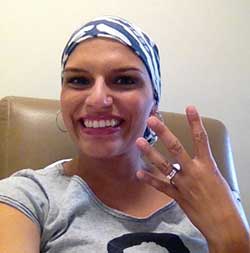
Lolita during her fourth chemo treatment.
I can attest to that. I found strength in others almost immediately after discovering my lump, and a subsequent biopsy that showed I had stage two breast cancer. But still, it’s hard to let people take care of you, especially when you’re used to taking care of others.
“My role in this whole thing is to not fall apart, really,” shares my husband, Eric. “We are both strong people but I need to be there for my wife because she will show strength the whole time, until she cracks.”
My husband has been so strong and my rock. My best friend, Shakira, has been the most “real.” She shared her true emotions from the beginning.
“I was in denial when you first told me, I mean major denial,” she told me during her trip to Los Angeles, during my third of six chemotherapy treatments. When I got diagnosed, people were very kind and careful with me, assuring me that everything was going to be alright. But my oldest friend in the world? She yelled at me. She freaked out a little bit.
“I was like, ‘I refuse to reply to this email because I’m not going to be nice right now,’” Shakira recalled when she heard the news. “I was upset. I was very upset. I needed to hear that more than one doctor had an opinion.”
My family, friends near and far, coworkers, and people I have met during the course of my work have been my support system. Some people have brought me lunch during chemo treatments, others dinner at my home. So many I don’t even know have left motivating comments on my Facebook and Twitter accounts. They share their thoughts and at times, stories of themselves or loved ones, other cancer survivors.
These connections give me confidence and comfort. I replaced fear with hope. During my whole cancer journey, I have never once felt alone, and I wanted to share that.
I chose to do chemotherapy prior to surgery. After discussions with my doctors and my husband, I knew that the treatment plan I was embarking on was the correct one for me.
This process allows my doctors to see how the medicine affects the tumor. And after the fourth chemotherapy, my tumor, the size of an olive, shrank by a third! When chemo is said and done, I will have more choices come surgery and that influenced me to make my treatment decision.
I did my research and used my experiences as a news reporter to ask questions and absorb information. With the support of my employer, KNBC-TV, I have aired several stories about my journey—from shaving my hair before chemo could take it from me to how I told to my daughter about my condition.
Cancer is scary but talking about it and surrounding myself with people has helped me. Now I hope that talking about my experiences will make someone else less afraid and more knowledgeable about what to expect, about how to ask questions and about how to feel empowered during a difficult time.
I have already seen a positive reaction with my own 9-year old daughter…and my mother.
This highly educated, amazing and very communicative woman, my mom, now understands that she should have shared her health information with me. And now we share more than ever before.

